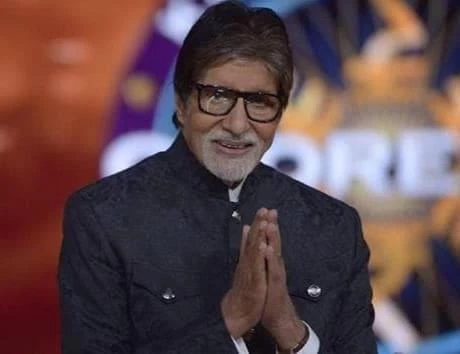Mumbai: Kaun Banega Crorepati host Amitabh Bachchan, on the spur of the moment, announced that he would like to make a monetary contribution towards a cause that filmmaker-choreographer Farah Khan championed on the show. Farah said that she would like whatever money she earns on KBC to go towards procuring a very expensive injection for a child suffering from Spinal Muscular Atrophy (SMA), a rare disease that affects a child's central nervous system.
Farah Khan will appear alongside Deepika Padukone on Friday's episode of Kaun Banega Crorepati 13. Celebrity guests on the show usually play for a cause of their choice.
In a new promo video shared by Sony Entertainment Television on Instagram, Amitabh said in Hindi, “Ladies and gentlemen, Farah is playing for a 17-month-old child named Ayaansh, who is suffering from an illness.” The video then showed Ayaansh and his mother, who explained that she noticed the baby wasn't able to move his limbs much even after turning seven months old. After having him examined, it was discovered that he was suffering from SMA.
A tearful Farah said in Hindi, “By the time Ayaansh turns two, there's a medicine called Zolgensma, which is the world's most expensive injection. It costs ₹16 crore. And it could save his life. We want to save this child, sir.” Amitabh said, “I don't know if I should say this, but Farah, I would like to contribute personally as well. I will tell you the amount later, I don't want to discuss it here.”
Farah expressed her gratitude by joining her hands. “Sir, so grateful to you,” she said. Amitabh urged viewers to come forward and help as well.
Earlier this year, a toddler from Nasik was given the ‘miracle drug’, free of cost, in a lottery. Last year, Swiss drug manufacturer Novartis said it had received approval from US regulatory for Zolgensma. The pharmaceutical company said Zolgensma was a one-time treatment for SMA, a disease that affects about 1 in 10,000 births.


